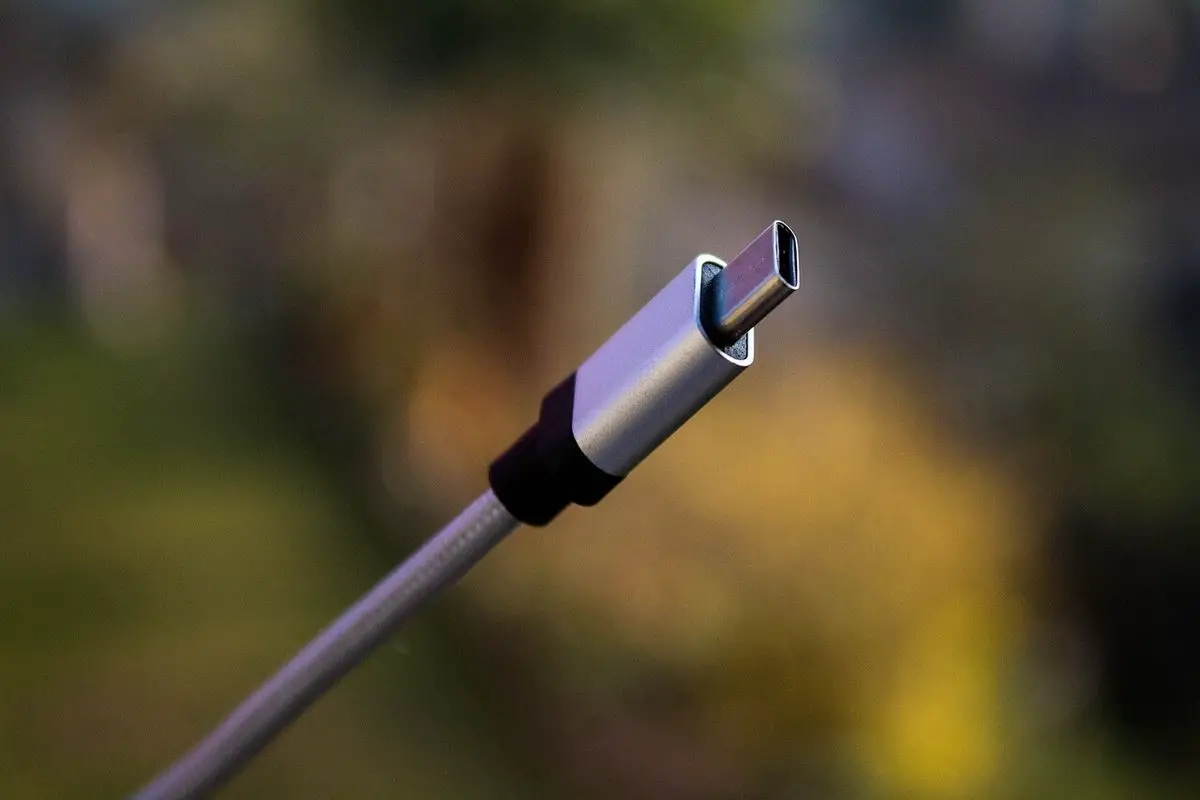In early 2020 the European Commission tested the idea and it finally went ahead with 582-40 votes in favor. In the European Union, the single charger was inevitable. The European Commission is preparing new legislation to enforce it.
As reported by Reuters, this coming Thursday the European Commission will propose legislation for the single charger in the European Union market. If everything goes as planned, the proposal will be implemented next year, with member nations given one year to enact it into national legislation.
Once the legislation is national in each member country, manufacturers will have another extra year to implement it. Finally, we can expect the new rule to come into force in mid-2024 when manufacturers will be required to bring out their new smartphones and other devices using a single standard.

A single charger
The objective of this legislation is to establish a single standard for charging that will allow consumers to utilize universal and brand-independent chargers, as well as a single charger in new generations of goods. The goal is to reduce the environmental and economic impact of having numerous distinct chargers.
The law is focused on smartphones, tablets, headphones, cameras, and speakers. Devices such as e-readers or wireless chargers will in principle be exempt from this law.
It’s worth noting that a single standard is being pursued the device port rather than the charger. Even though they are not completely free, manufacturers will have to stop selling a new charger with each smartphone, and instead, allow customers to use an old one. This is something that certain manufacturers, such as Apple, do already. The new iPhones come with just the cable in the box.
Speaking of Apple, it is the main opponent to this new legislation from the European Commission. The three ports that currently dominate the market are USB-C, MicroUSB, and Apple’s Lighting. While other businesses have already converted to USB-C from MicroUSB, Apple is the only one still utilizing a dedicated port and demanding proprietary branded chargers and cables. They claimed in 2020 that this law “stifles innovation,” with a lengthy 92-page study done by an economic analysis firm.





